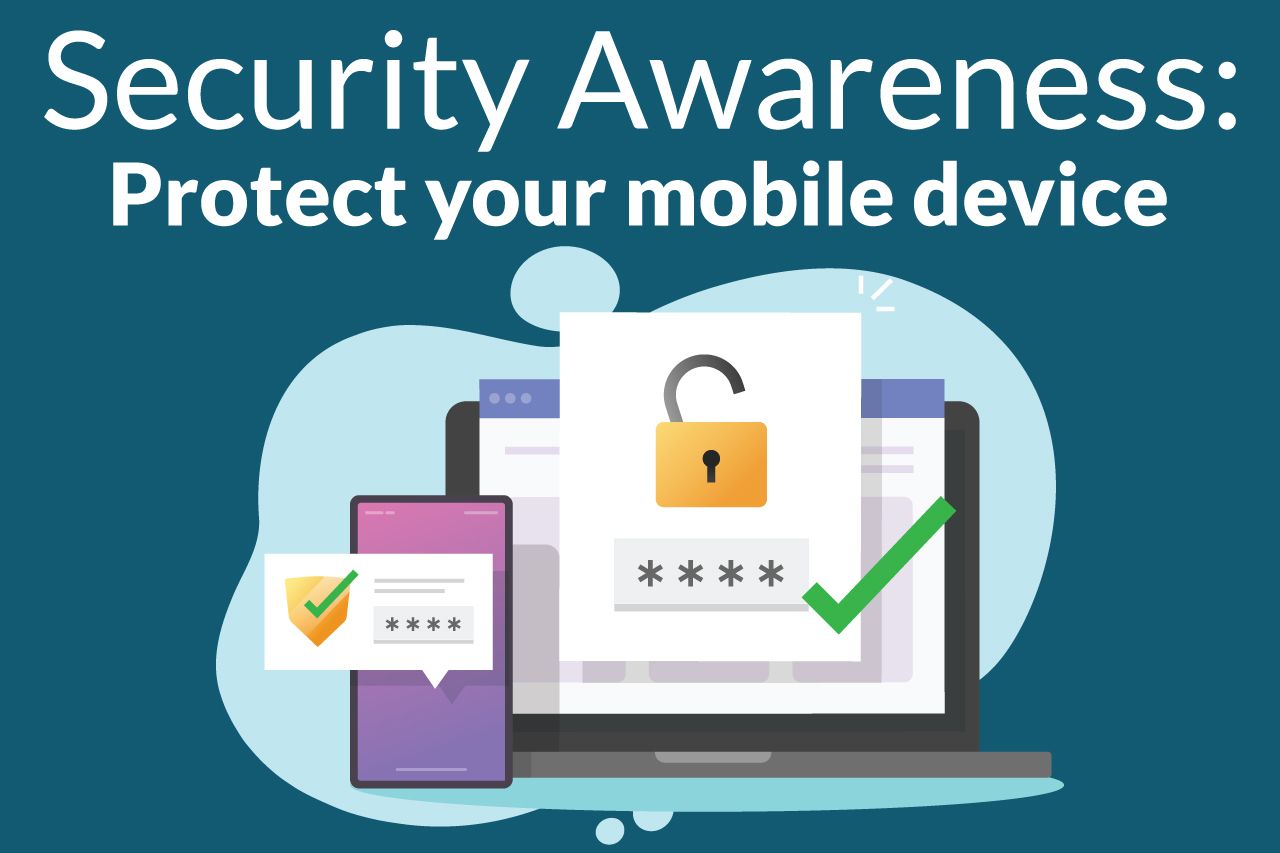If you’ve ever lost your mobile device, you know the feeling. That sick-to-your-stomach feeling that your device and the data it contains could be compromised, putting you at risk for identity theft. But you don’t have to physically lose your device for its security to be compromised. From unsecured networks to easy-to-guess passwords, there are many ways your data can fall into the wrong hands.
The good news is, there are ways to ensure your data isn’t accessible to any would-be thieves – whether you lose your device or it’s exactly where it should be. Here are our tips for keeping your mobile device safe:
1. Set Strong and Unique Passwords
One of the fundamental steps to protect your mobile device is to set strong and unique passwords. Avoid using easily guessable passwords or common phrases. Opt for a combination of upper and lower case letters, numbers, and special characters. Additionally, consider using a passphrase that is easy for you to remember but difficult for others to guess. Regularly update your passwords and avoid reusing them across different accounts.
2. Enable Biometric Authentication
Most modern mobile devices offer biometric authentication options like fingerprint and facial recognition. These methods provide an extra layer of security beyond traditional passwords. Enable biometric authentication on your device to ensure that only you can access it and its contents.
3. Keep Your Operating System Updated
Regularly updating your mobile device's operating system is crucial for security. Operating system updates often include patches for known vulnerabilities and security improvements. Set your device to automatically download and install updates to protect you against the latest threats.
4. Install Reputable Security Apps
Consider installing reputable security apps that offer antivirus protection, malware detection, and remote tracking and wiping in case your device is lost or stolen. Research and choose apps from trusted sources, and avoid downloading apps from third-party stores or unknown websites.
5. Be Cautious with App Downloads
Before downloading apps, review the permissions they request. Be cautious if an app requests excessive permissions unrelated to its functionality. Stick to official app stores like the Apple App Store or Google Play Store to minimize the risk of downloading malicious apps.
6. Use Secure Wi-Fi Networks
When connecting to Wi-Fi networks, prioritize secure and trusted networks. Public Wi-Fi networks are often less secure and can expose your device to cyber threats. If you must use public Wi-Fi, consider using a virtual private network (VPN) to encrypt your internet connection and protect your data from potential eavesdropping.
7. Enable Two-Factor Authentication (2FA)
Two-factor authentication (2FA) adds an extra layer of security by requiring a second form of verification in addition to your password. Enable 2FA for your accounts whenever possible, as it significantly reduces the risk of unauthorized access even if your password is compromised.
8. Be Wary of Phishing Attempts
Phishing is a common method used by cybercriminals to trick individuals into revealing sensitive information. Be cautious of unexpected emails, text messages, or links that prompt you to provide personal information or login credentials. Verify the legitimacy of the sender before responding or clicking on any links.
9. Securely Dispose of Old Devices
When disposing of old mobile devices, ensure you wipe them clean of all personal data. Perform a factory reset to erase your information from the device thoroughly. If possible, remove the SIM card and any external memory cards before disposing of the device.
10. Regularly Backup Your Data
You should regularly backup your data to a secure cloud storage service. This practice ensures you can restore your important files and information even if your device is no longer accessible.
Conclusion
Safeguarding your mobile device is essential in today's digital landscape. By following these essential steps, you can protect your personal information, sensitive data, and privacy from cyber threats. Prioritize security measures such as strong passwords, biometric authentication, regular updates, and cautious app downloads. By adopting these practices, you can confidently enjoy the benefits of mobile technology, knowing that you have taken proactive steps to protect yourself in the digital world.
Want more security tips? Learn more ways to stay safe at our Security and Online Fraud Center.
